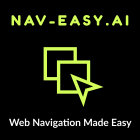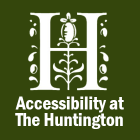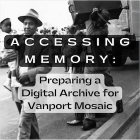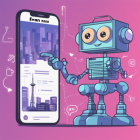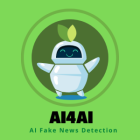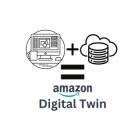
Pixel Pioneers: Expanding a nonprofit’s AI medical screening abilities to Tuberculosis
Low income populations often lack access to health insurance that enables them to test for illnesses. Tuberculosis alone carries an estimated price tag of $287 per test in the United States. In an effort to counter this out-of-pocket expense, we constructed an advanced machine learning model that predicts the likelihood an individual has Tuberculosis with high accuracy. The prediction is based on symptoms, demographics, and a self recorded cough recording, and the process is quick and easy with the help of a chatbot. By using our application, individuals can make an informed decision about whether medical intervention is necessary.



